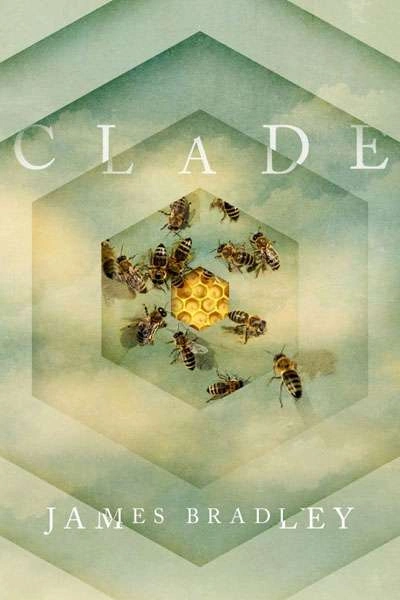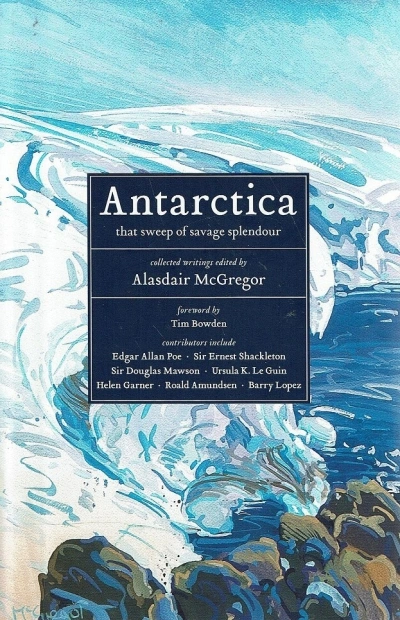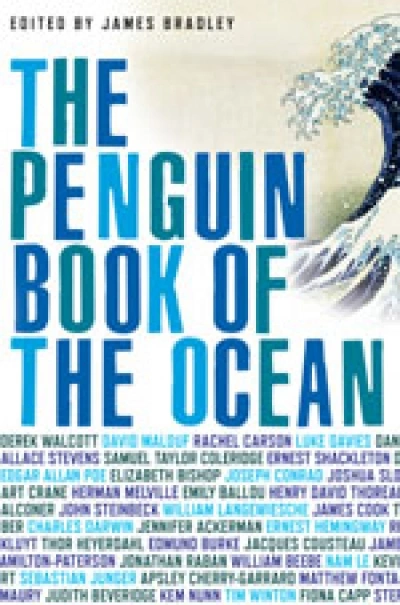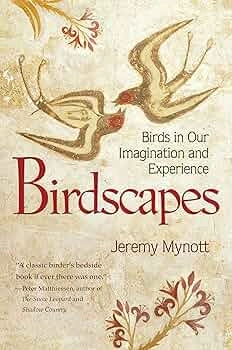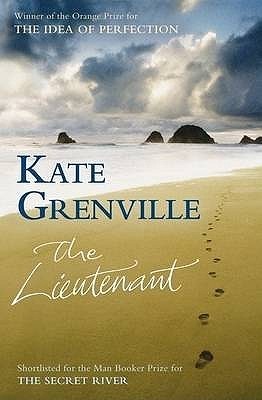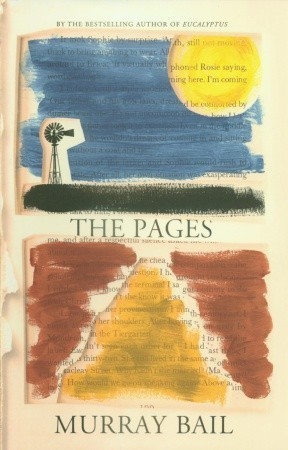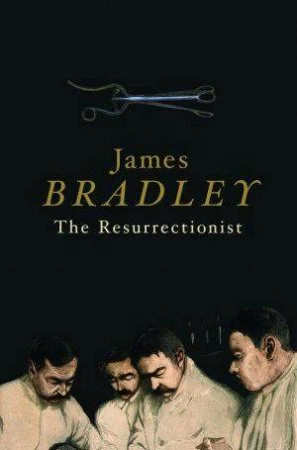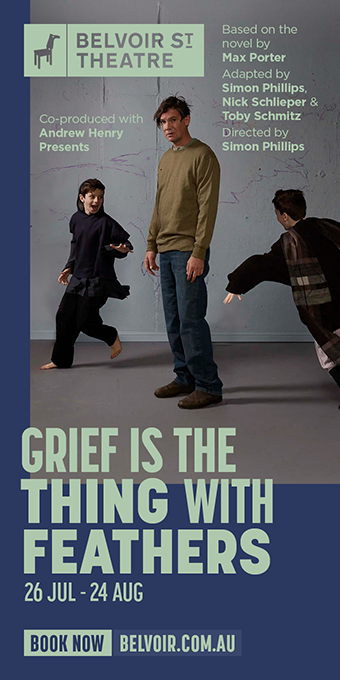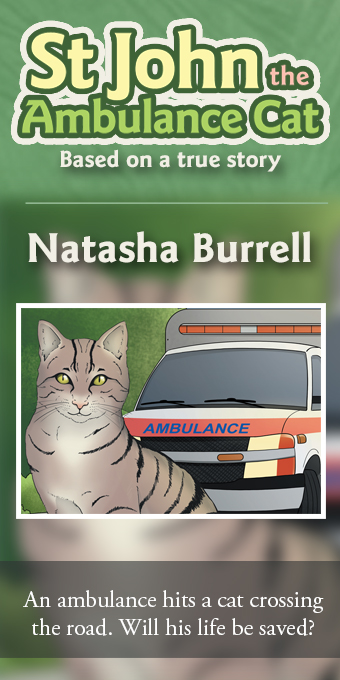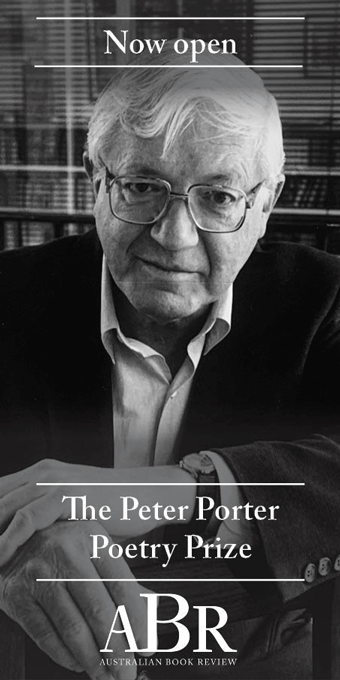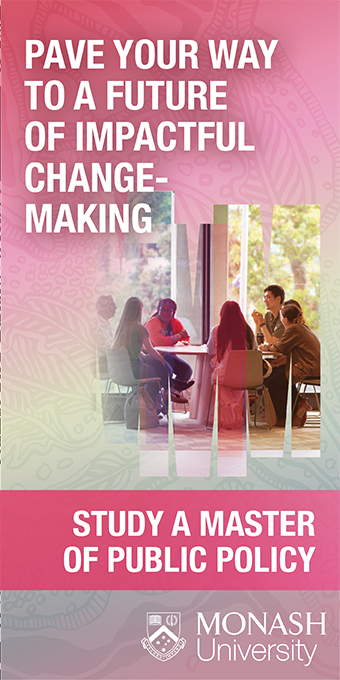Murray Bail’s fiction inhabits a curious space. Despite its attention to the detail of the rural landscape, the ‘endless paddocks and creaking tin roofs’, it is not, in any meaningful sense, realist, either in its intention or its execution. Instead, against carefully created backdrops, it weaves something closer to fairy tales, looping meditations on the power of story, and love, whose affinities lie – for all that many of Bail’s world of pastoralists who dress for dinner and unmarried daughters wilting in the Australian emptiness sometimes might not seem out of place in Patrick White – with distinctly un-Australian writers such as Calvino, Borges and, though less obviously, Rushdie and Marquez. It is not for nothing that the narrator of Eucalyptus (1999), Bail’s best novel, bemoans the ‘applied psychology’ that ‘has taken over storytelling, coating it and obscuring the core’. Yet, where the baroque outcroppings of detail in the magical realists of the 1980s serve to highlight the artifice of their creations, the detail of Bail’s fiction does quite the opposite, providing instead a framework for his fiction’s very particular reality.
...
(read more)


